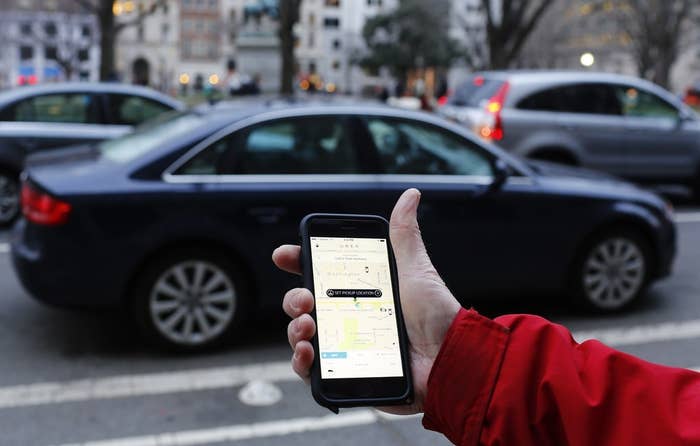Australia's state governments, which are currently cracking down on Uber, will now be able to collect millions in tax revenue from the ride-sharing service.

The Australian Taxation Office decided on Wednesday that Uber will now be forced to pay the nation's 10% Goods and Services Tax. As a result, UberX drivers are required to register for a business number.
But GST revenue is given to state governments, whose transport departments have been treating UberX drivers as an illegal service, reportedly conducting stings against drivers and implementing thousands of dollars in fines.
"We are pleased to see the ATO recognise ride-sharing as a legitimate form of income for those seeking flexible part time work," Uber Australia's general manager, David Rohrsheim, told BuzzFeed News.
"The attention now turns to the state transport ministers to put in place sensible safety based ride-sharing regulations too."
Uber has told BuzzFeed News that no decision has yet been made as to whether UberX prices will change, while the company promised to formally challenge the taxation office's ruling.
State governments have been unwilling to move on Uber regulation in recent years, both fearful of public backlash against the popular service and concerned about appeasing the powerful taxi lobby. The ATO ruling may be the first step towards transport ministers dropping legal activity against UberX drivers.
Unsurprisingly, the vocal taxi industry is delighted by the move. The Australian Taxi Industry Association is actually claiming it as its victory.
"Hopefully the ATO won't stop with the 'little fish' UberX drivers but will go after the big fish as well. Uber is a huge private company that has come to Australia for one purpose, to make money," said ATIA CEO Blair Davies in a statement.
There are currently 9,000 UberX drivers in Australia, and Uber predicts the "average" driver works part-time and makes less than $30,000 per year – under the GST threshold.
